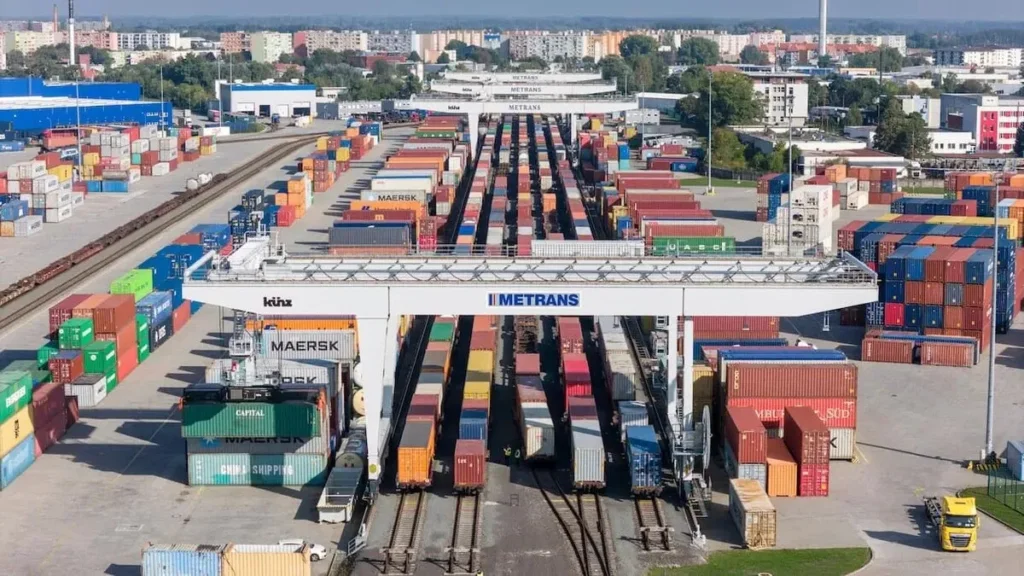The figures have seen one of the country’s major haulage associations put the blame on the EU Mobility Package and driver shortages.
Povilas Driž, Secretary General of the International Transport and Logistics Alliance (TTLA), bemoaned the situation in comments published by Trans.INFO’s Lithuanian news service last week.
“This is evidence of one thing – the export segment of transport services conduct by our country’s companies has been taken by carriers from other countries, which have better access to the EU cargo market and more favourable conditions for employing drivers from third countries, especially from Belarus,” Povilas Driž told Trans.INFO’s Lithuanian-language service.
The comments above appear to be a reference to haulage firms located in countries such as the Czech Republic and Poland, whose location closer to lucrative western markets somewhat mitigates the impact of the Mobility Package’s return of trucks rule.
Lithuanian hauliers have also repeatedly complained that hauliers in Poland and other countries can employ drivers from third countries more easily.
“It is necessary to understand that all European countries are facing a shortage of drivers. Countries that find quick solutions and are able to flexibly adapt to existing conditions dictated by the complex geopolitical and economic situation win in the competitive struggle. In this case, Lithuania just loses,” added Drižas.
This something that Drižas echoed when in conversation with Trans.INFO Lithuania:
“Despite the combination of adverse circumstances, the international transport sector faces additional domestic political barriers: this year’s quota for hiring foreign drivers was exhausted last week. Recruitment procedures at migration services have stalled, and some visa centers can only submit applications from next year. Responsible institutions should address these issues as a matter of urgency, but too little attention is paid to them,” concluded P. Drižas.
It must be said, however, that although Lithuania’s haulage industry may have recorded reduced revenue in 2022, the figures do not necessarily tell the whole story.
As has been reported by Trans.INFO, many Lithuanian road transport firms have set up shop in other countries so as to facilitate third-country HGV driver recruitment and reduce the impact of the Mobility Package.
Therefore, the well known Lithuanian haulier that conduct international transport could easily be doing as much or even more business than before, with the revenue spread out across their various foreign branches.
Photo: Richard Says / Flickr / CC BY-NC-ND 2.0









